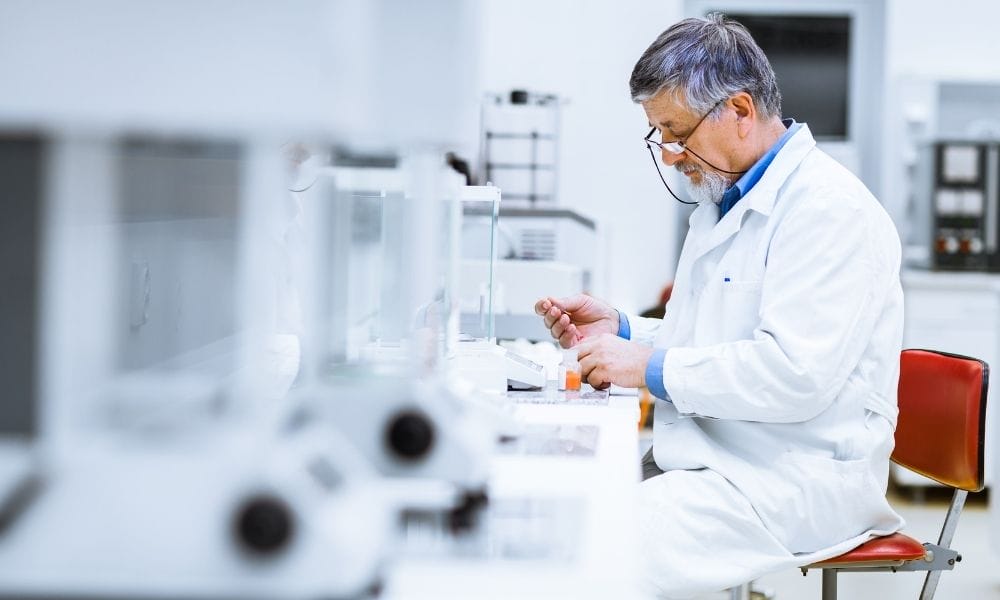The first step to opening a successful laboratory is to create a comprehensive budget. Without thoroughly planning out your finances, you will likely find yourself in some financial trouble pretty early on in the start-up process—that is, unless you have unlimited funds. Also, securing funding without a detailed outline of your expenses will prove virtually impossible.
Considering that most lab start-ups are generally pretty tight on funds, there isn’t much room for financial missteps. To ensure that you don’t forget to factor in any substantial costs, here’s a helpful guide on what to consider when creating a laboratory budget.
Office and Lab Space
One of the first expenses to consider when crafting your laboratory’s budget is office and lab space. Determine an ideal location for your lab and how much money it will cost to rent that space every month. The cost of renting a lab space will vary widely, depending on your location. If you’re planning to open a lab in an expensive city, such as Boston or San Francisco, make sure to factor extra room in your budget.
Personnel Costs
Another important financial consideration when opening a laboratory is personnel costs. Unless you plan on running a one-person laboratory, you’ll need to hire at least a couple of qualified people to work at your establishment. When budgeting for personnel costs, determine which positions require full-time employees and which ones you can fill with contractors. If you don’t need a professional’s skillset on a regular basis, hiring them on as a contractor can help you save a substantial amount of money.
Laboratory Equipment
One of the most substantial up-front costs of starting a lab is purchasing laboratory equipment. If you are low on funds, consider looking into any shared facilities that the institution that houses your lab may provide. For example, if your lab is in a research university, there is a good chance that its core or shared facilities may have expensive equipment that you can use.
Another way to save money when buying laboratory equipment is by acquiring used devices. Many suppliers offer high-quality used laboratory equipment at a substantially discounted rate. Before purchasing a new or used device, make sure to compare rates from various suppliers to ensure that you get the best deal.
Consumables
Consumables are another factor to consider when creating a laboratory budget. Many laboratories spend over half their budgets on consumables, including gloves, sample cups, pipette tips, or reagents.
Purchasing your consumables in bulk is an effective way to save money in many circumstances. However, purchasing more consumables than you will realistically use will result in wasted funds and pose challenges when it comes to finding a place to store the excess products. As such, carefully consider the quantity of consumables that your lab will require before determining whether to purchase them in bulk.








